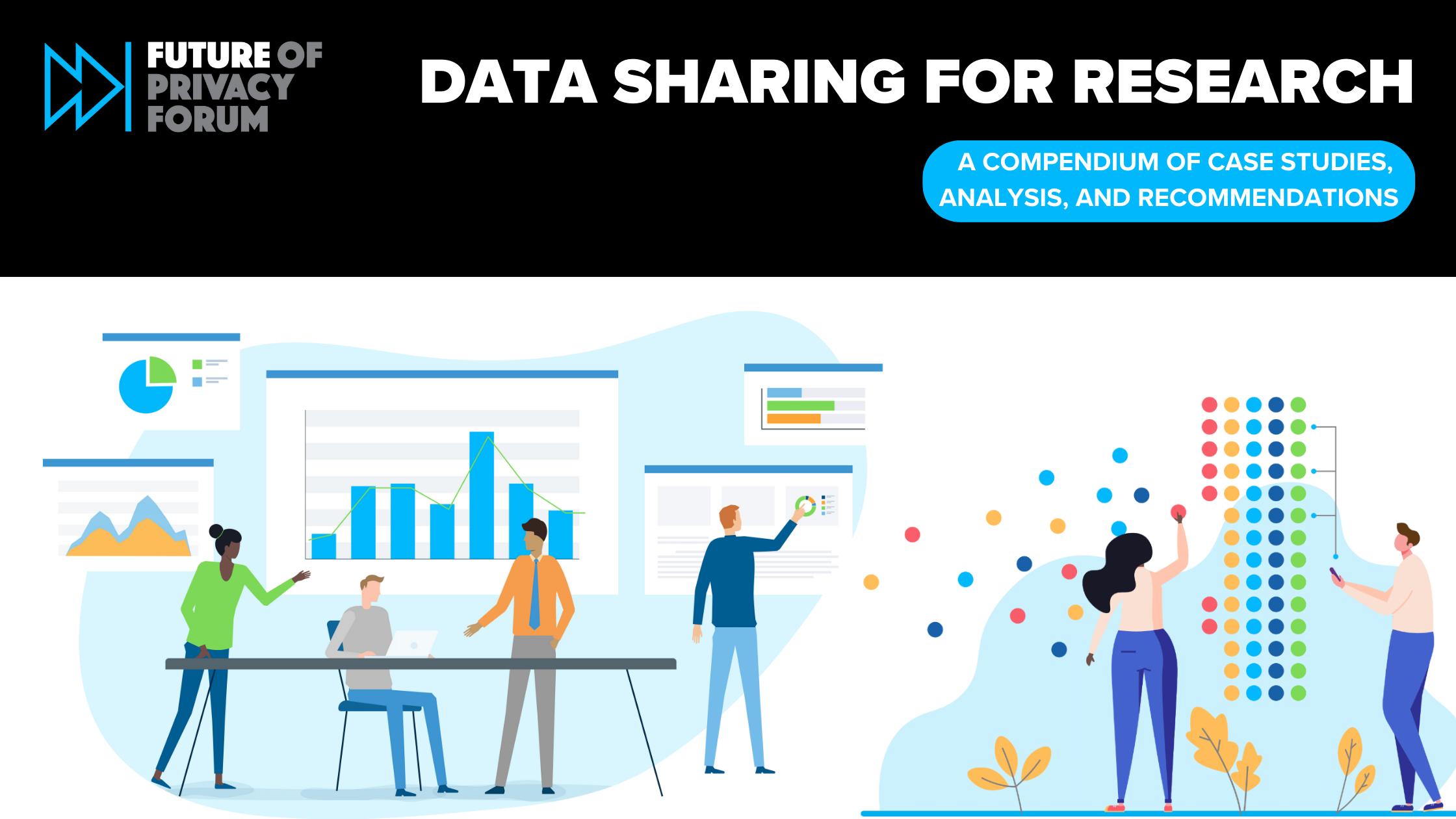
A Blueprint for the Future: White House and States Issue Guidelines on AI and Generative AI
Since July 2023, eight U.S. states (California, Kansas, New Jersey, Oklahoma, Oregon, Pennsylvania, Virginia, and Wisconsin) and the White House have published executive orders (EOs) to support the responsible and ethical use of artificial intelligence (AI) systems, including generative AI. In response to the evolving AI landscape, these directives signal a growing recognition of the […]

ICYMI: FPF Webinar Discussed The Current State of Kids’ and Teens’ Privacy
Privacy by design for kids and teens has expanded across the globe. As policymakers, advocates, and companies grapple with the ever-changing landscape of youth privacy regulation, the Future of Privacy Forum recently hosted a webinar discussing the current state of kids’ and teens’ privacy policy. The webinar explored the current frameworks that are influential worldwide, […]

FPF x NASSCOM Webinar Series
Future of Privacy Forum (FPF) and NASSCOM, India’s largest industry association for the IT-BPM sector, are co-hosting two webinars on the consent regime under India’s new Digital Personal Data Protection Act of 2023 (DPDPA). A key design feature of the DPDPA is its consent-centric approach. The aim of these webinars is to bring together views […]

Sponsorship Offerings at FPF
The Future of Privacy Forum (FPF) is a global non-profit organization that brings together industry, academics, civil society, policymakers, and other stakeholders to explore the challenges posed by technological innovation and develop privacy protections, ethical norms, and workable business practices. We are an independent and pragmatic voice for privacy regulation and take on the tough issues […]

Survey of Current Universal Opt-Out Mechanisms
With contributions from Aaron Massey, FPF Senior Policy Analyst and Technologist, Keir Lamont, Director for U.S. Legislation, and Tariq Yusuf, FPF Policy Intern Several technologies can help individuals configure their devices to automatically opt out of web services’ requests to sell or share personal information for targeted advertising. Seven state privacy laws require that organizations […]

Call for Nominations: 14th Annual Privacy Papers for Policymakers
The Future of Privacy Forum (FPF) invites privacy scholars and authors with an interest in privacy issues to submit finished papers to be considered for FPF’s 14th annual Privacy Papers for Policymakers (PPPM) Award. This award provides researchers with the opportunity to inject ideas into the current policy discussion, bringing relevant privacy research to the […]

Navigating Privacy-Enhancing Technologies: Key Takeaways from the Inaugural Meeting of the Global PETs Network
In recent years, privacy-enhancing technologies (PETs) have been an increasingly popular subject on regulators’ and policymakers’ agendas. Whether by issuing guidance about these types of tools (Canada’s Office of the Privacy Commissioner; United Kingdom’s Information Commissioner’s Office; Organisation for Economic Co-operation and Development), setting up regulatory sandboxes (Singapore’s Personal Data Protection Commission; Colombia’s Superintendence of […]

EU’s Digital Services Act Just Became Applicable: Outlining Ten Key Areas of Interplay with the GDPR
DSA: What’s in a Name? The European Union’s (EU) Digital Services Act (DSA) is a first-of-its-kind regulatory framework, with which the bloc hopes to set an international benchmark for regulating online intermediaries and improving online safety. The DSA establishes a range of legal obligations, from content removal requirements, prohibitions to engage in manipulative design and […]

Data Sharing for Research: A Compendium of Case Studies, Analysis, and Recommendations
Today, the Future of Privacy Forum (FPF) published a report on corporate-academic partnerships that provides practical recommendations for companies and researchers who want to share data for research. The Report, Data Sharing for Research: A Compendium of Case Studies, Analysis, and Recommendations, demonstrates how, for many organizations, data-sharing partnerships are transitioning from being considered an […]
